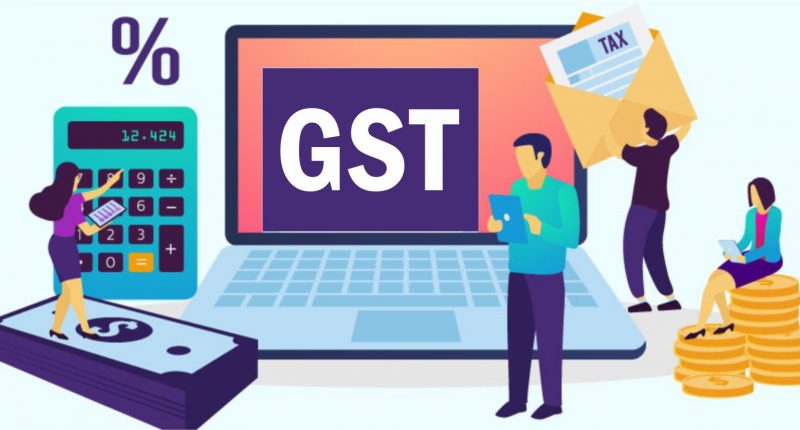The Union Ministry of Finance is formulating a plan for introducing a dispute resolution mechanism under the GST law. The move aims at collectively handling the disputes raised by two or more states for any anomalies or distortions in the GST law.
A dispute resolution bench can be set up as a development after the apex court’s ruling that the GST Council’s recommendations are not binding on the states or the Centre. The absence of such a bench would have led to countless disputes on various matters of taxation between the Centre and the states. The GST law contains a provision for voting by both the Centre and states in dispute resolution cases.
The proposal could be tabled at the upcoming GST Council meeting, planned for June-end or the beginning of July 2022. The discussions will involve setting up a dispute resolution panel or bench. Such a panel will have representations from states, the Centre and individual tax and law experts.
The Centre plans to pass detailed guidelines around the types of cases that the bench and the process can take up. Some of the states have put across specific demands that need the attention of the Centre while setting up the bench. An official from the Ministry has revealed to the media that the draft is being prepared. Once ready, it will be placed before the Council for approval.
The Centre has one-third of voting rights while states in toto have two-thirds of voting right. If a decision needs to be passed or rejected, it requires a minimum majority of three-fourths of votes from members.
So far, the dispute resolution process involved the GST Council setting up a Group of Ministers (GoM) to decide the matter before them. The committee used to discuss with both the concerned state and the Centre before taking a call. A few instances where the GoM had mediated between the states and the Centre are the issue of flood cess and GST rate rationalisation. The GoM has resolved most of the problems through mutual consensus.
The main disadvantage of such GoMs was that they lacked independence. Since the NDA parties in India ruled 75% of the states, decisions are highly likely to be politically motivated. The dispute resolution bench, once established, would take decisions in an unbiased manner.
For any clarifications/feedback on the topic, please contact the writer at annapoorna.m@clear.in
Annapoorna, popularly known as Anna, is an aspiring Chartered Accountant with a flair for GST. She spends most of her day Singing hymns to the tune of jee-es-tee! Well, not most of her day, just now and then.




